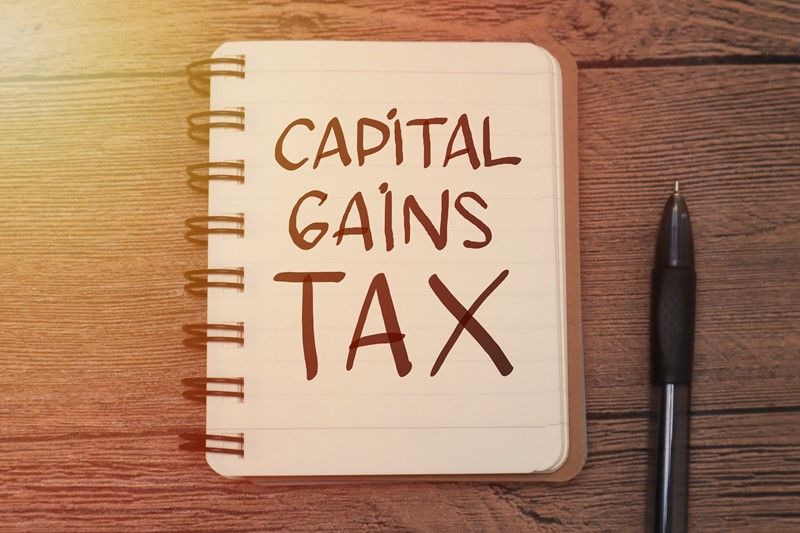Profitability through better management information
Many business owners make decisions based on instinct, but intuition alone can be unreliable. Having timely, accurate management information replaces guesswork with insight and leads to stronger profitability.
Management information differs from year-end accounts because it focuses on what is happening now and what is likely to happen next. A short monthly report showing key performance indicators can reveal issues before they become serious. Typical measures include gross profit margin, average debtor days, overhead ratios and cash flow trends.
Modern accounting software provides real-time figures that allow you to spot changes early. For instance, if sales remain steady but margins start to fall, it may signal higher costs or increased discounting. Acting quickly can prevent these trends from eroding profits.
Regular review meetings, even if only quarterly, make these reports more valuable. Discussing results with us can identify opportunities to improve efficiency, adjust pricing, or strengthen cash flow. Small improvements made consistently can produce meaningful gains over time.
Good management information does not need to be complicated. What matters is clarity and regular review. Once you have the right information in place, decision-making becomes easier, more confident and more profitable.
Well-structured information is one of the best tools for improving business performance and we can help you make full use of it.




